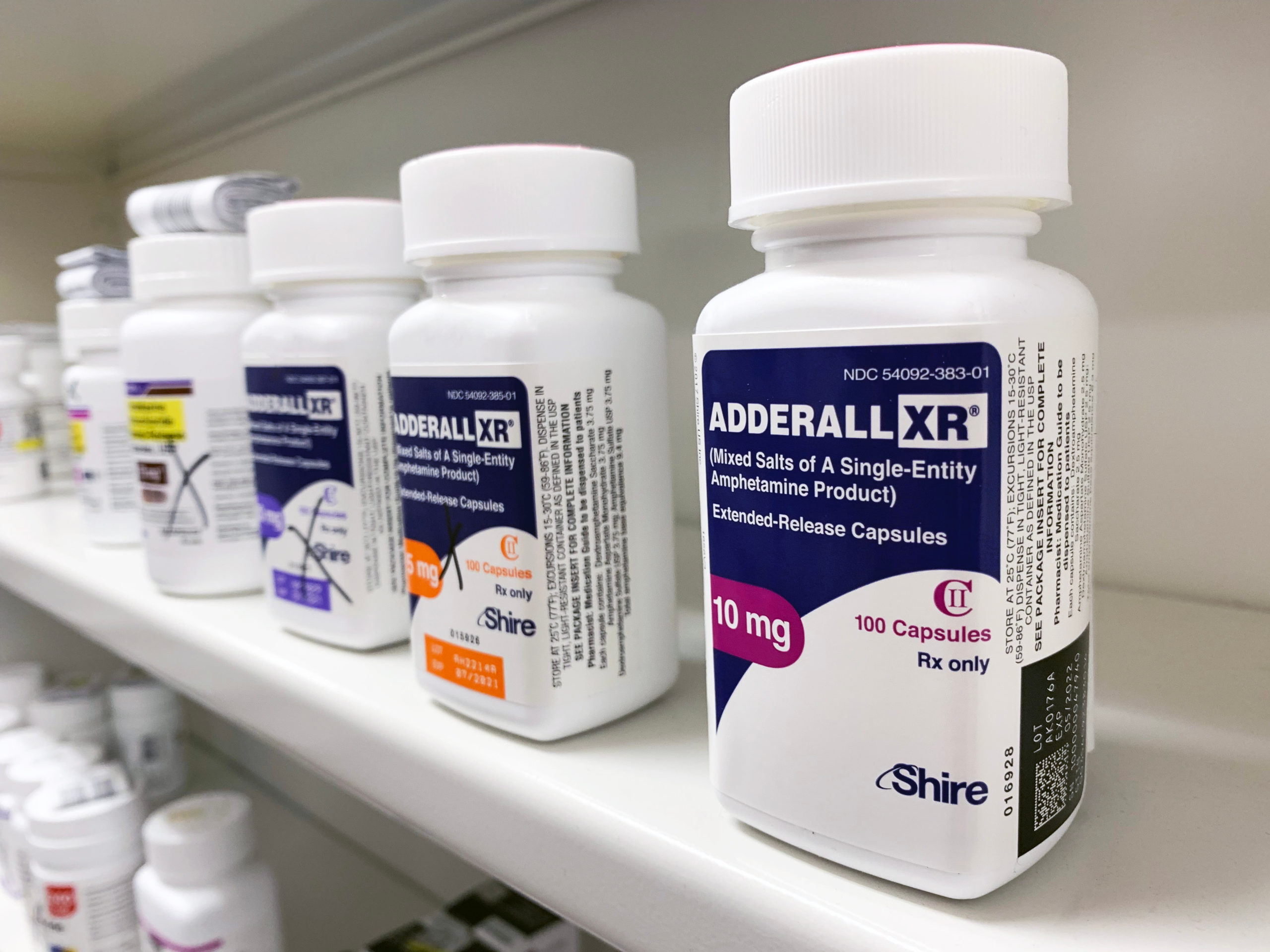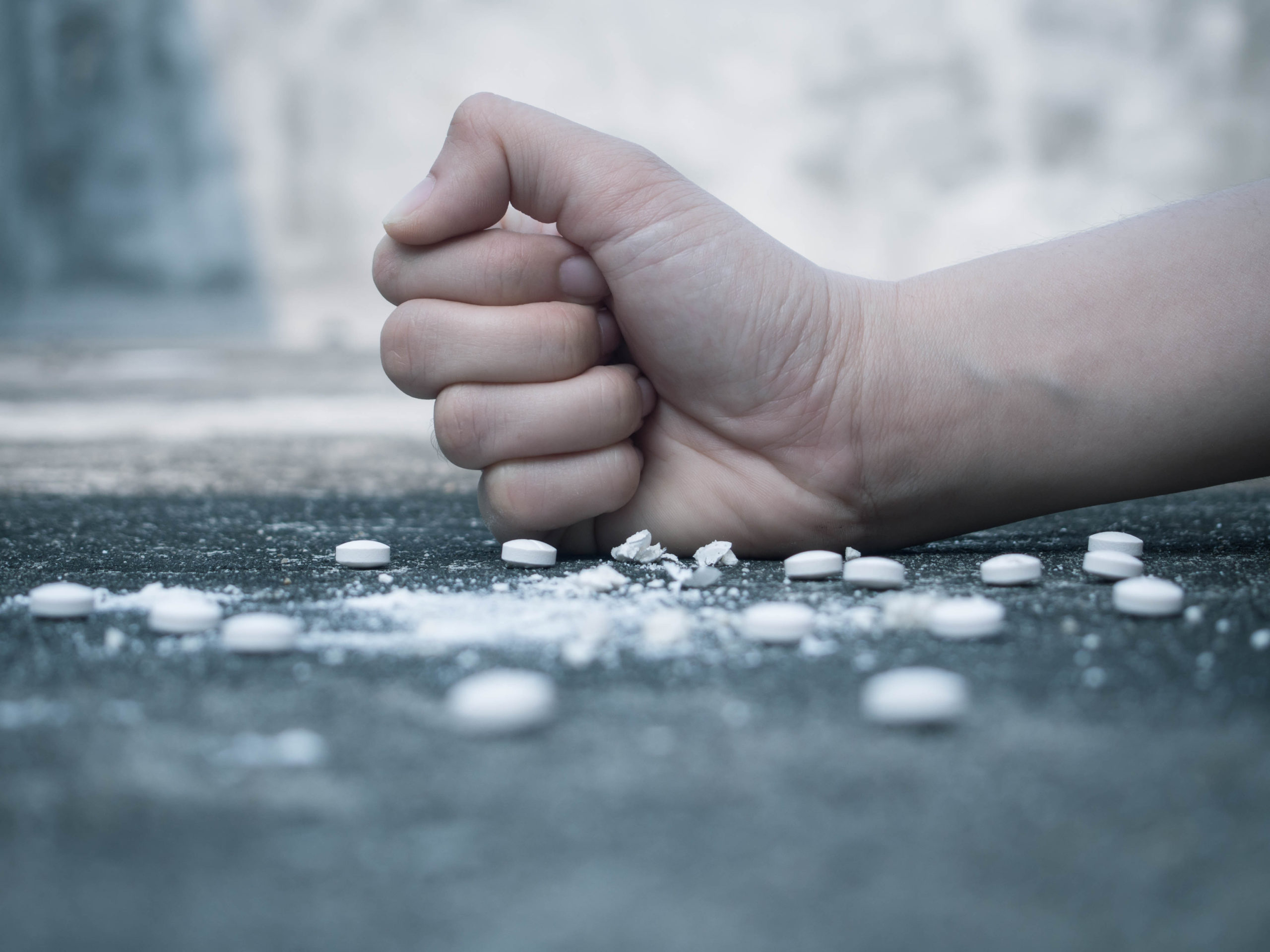There are several different types of personality disorders. Some, such as Obsessive-Compulsive Disorder or Paranoid Personality Disorder, are familiar to many. However, there are several that are not as well known, yet those who live with their symptoms struggle each day to accomplish day-to-day tasks. It is estimated that as many as ten percent of the United States population meet the diagnostic criteria for at least one personality disorder. Considered the most common of all psychiatric diagnoses, personality disorders are diagnosed in as many as sixty percent of patients. Studies also estimate that between sixty-five and ninety percent of people seeking addiction treatment for a substance use disorder have at least one personality disorder.
What Is a Personality Disorder?
Personality disorders are a group of mental health conditions characterized by unhealthy, often inflexible thinking, feeling, and behaving patterns. Someone with a personality disorder will usually struggle to have healthy relationships with others or to manage everyday problems in ways that are considered “acceptable” by others. They will generally believe their way of thinking and behaving, while often contrary to what is socially acceptable, is entirely and totally normal. The actions and feelings of someone with a personality disorder often lead to them placing the blame for their difficulties on others. This frequently leads to problems in social, personal, academic, and employment settings.
What Are the Types of Personality Disorders?
Personality disorders are grouped into three clusters based on characteristics and symptoms. Some people may experience signs and symptoms of multiple personality disorders from one or multiple clusters.
Custer A: Suspicious
Cluster A disorders are characterized by symptoms related to the individual’s thoughts or views of others. It includes three personality disorders including paranoid personality disorder, schizoid personality disorder, and schizotypal personality disorder.
Cluster B: Emotional and Impulsive
Cluster B disorders are characterized by symptoms related to how the individual acts towards or treats others and their view of how they relate to (compare to) others. It includes four disorders, including antisocial personality disorder, borderline personality disorder, histrionic personality disorder, and narcissistic personality disorder.
Cluster C: Anxious
Cluster C disorders are those that decide how people feel in their relationship with others or their environment. Cluster C includes three disorders, including avoidant personality disorder, dependent personality disorder, and obsessive-compulsive personality disorder.
What Causes Personality Disorders?
Personality disorders remain among the least understood and least recognized mental health conditions. The precise cause of personality disorders is not known. However, research suggests factors such as genetics, abuse, and substance use and abuse may contribute to new or worsening symptoms. Although there is limited research into personality disorders, no studies to date have been able to show that someone is “born” with a personality disorder.
Some personality disorders are thought to develop as a way of coping with stress or difficult events or situations such as abuse or neglect. When left untreated, personality disorder symptoms can evolve into significant psychological and social struggles. Also, someone with an untreated personality disorder is at greater risk for drug or alcohol abuse.
Reach Out to California Recovery Center for More Information Today
If you or a loved one struggles with a personality disorder, it is vital to seek treatment in a setting where dual diagnosis treatment is available. Comprehensive (and simultaneous) treatment for addiction and co-occurring mental health conditions is essential for positive and successful treatment outcomes. Treating one condition while failing to address the symptoms and struggles of the other often leads to worsening symptoms and potential relapse as many people who struggle with a personality disorder turn to substances to self-medicate. With treatment, it is possible to reduce the intensity of personality disorder symptoms while learning safe and healthy ways to cope with triggering events or situations.
At Cal Recovery Center, our skilled dual-diagnosis treatment staff is waiting to help you begin your recovery journey. Reach out to our admissions team today to learn more about how our programs can help.






